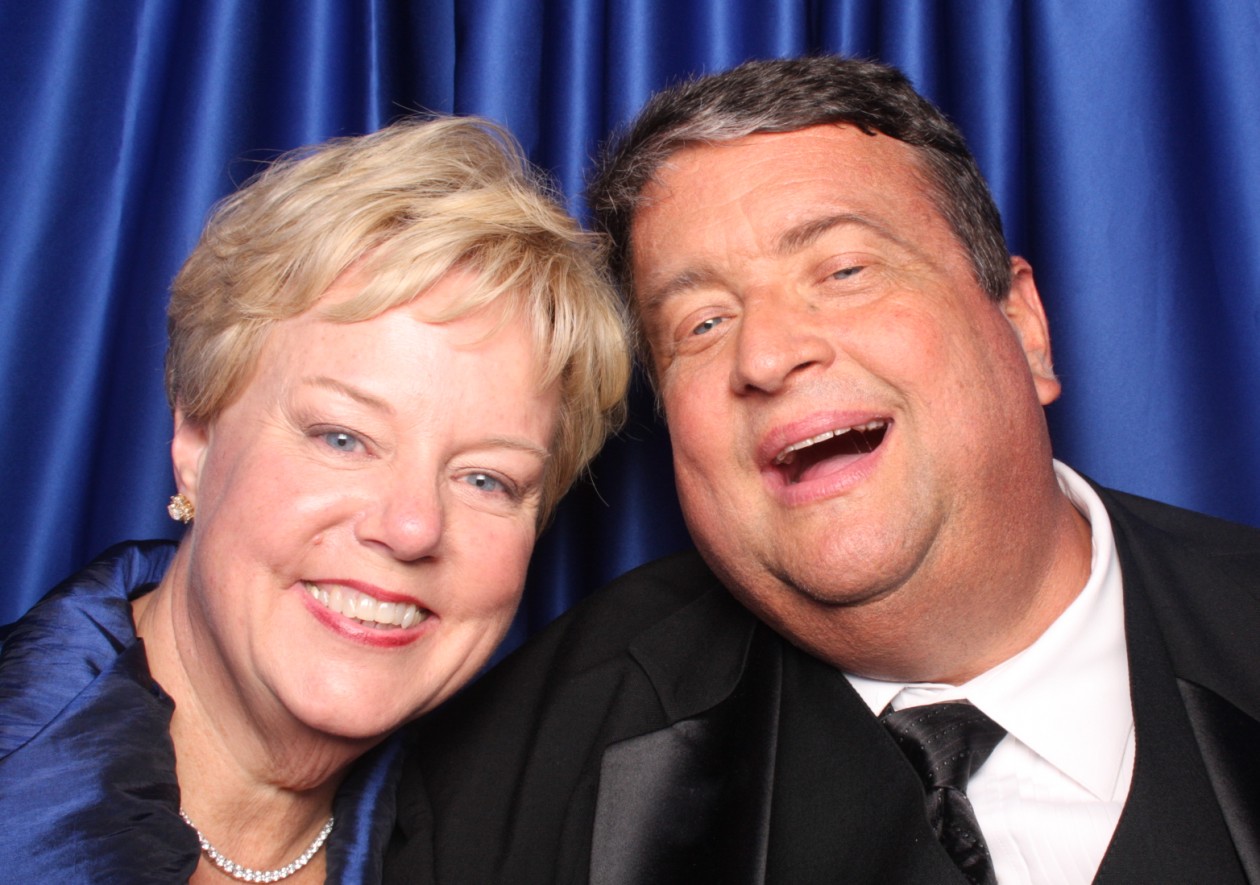On this Easter weekend, I have naturally been thinking of Jesus’ last days. The highs and lows of his time with his family and disciples. The drama and horror of his trial and death. The burial process. And how his family and disciples must have felt in those last days. They didn’t know how the story would play out, like we do. They had expected an earthly political king, leading an earthly government in which all things would be set right over their civil and religious adversaries. But instead of victory, they were given defeat. Instead of dancing, they mourned and hid. Historically, their possibilities were to either be a victorious nation under their new ruling king, or to lose their one chance to be free from the tyranny of worldly leaders. They didn’t see any other possible conclusion – because they knew only what was happening in the moment, not what God had planned for Sunday morning.
When I think back to the last days of Michael’s life there are several things I recall. Among them is the long night beforehand. The night before he died I already knew of his decision to discontinue his medical treatment. The kids had come and gone from the hospital, each one having a chance to speak to him and hear of his decision. I stayed in his ICU room for the night. There was no sleeping. But as I laid there all night I prayed. I prayed over and over again asking God for one of two things – that Michael would either change his mind, or that God would simply stop his beating heart (he had already agreed to a Do Not Resuscitate order days before). I knew that if neither of these things happened during the night, in the morning I would have to tell the doctors of his wishes to discontinue all treatment and support. And I couldn’t bear the thought, couldn’t imagine the strength, couldn’t conceive of how I would be able to go on without him, knowing that I was the one to convey these decisions for him.
The next morning, when the team of doctors came in, they asked if the kids and I would like to discuss Michael’s case there in the room or down the hall in a conference room. Michael was awake and I asked him if he would prefer we go to the conference room down the hall, thinking he would nod one way or the other. Instead, Michael looked right at me and mouthed the words, “I’ll tell them myself.” And he proceeded to relay his feelings, his plans and his wishes for the hours ahead.
I retell this story because each time I think about that morning, that encounter with the doctors and Michael, I am reminded that too often I give God my either/or situation. I lay things out to God – whatever my need or dilemma is – and tell Him about the possible solutions. Will God choose either left or right? Will God say either go or stay? And much like the disciples some two thousand years ago, I can only see the present with my limited eyes. I don’t appreciate the additional possibilities that God may have in mind. Instead of my options for a way to avoid my nightmare, God steps in to give Michael the strength to tell the doctors himself how he wants to proceed. Instead of the disciples’ ideas of being new world leaders or being hopelessly lost, God steps in to raise Christ from the dead, offering freedom and forgiveness to all the world. Who saw that coming?
So here’s the lesson I’m learning today. Don’t sell God short. Don’t box Him in with option A or B. Just when I start thinking I have all the possible alternatives figured out, is when God shows me that He is infinitely greater, He is infinitely smarter and He is sovereign over all my worries and fears. He has solutions that haven’t even occurred to me yet, because I can only see the present. But He sees all the pieces – from my past, my present and my future. He works and weaves them together for my best when I trust and rely on Him. And as I ponder how this week’s problems will possibly resolve themselves, I am reminded that God’s solution may not even be something that I’ve thought of yet. But it will definitely be the exact solution to fit me where I am and move me to where He wants me to be.
